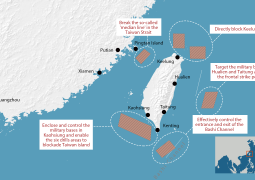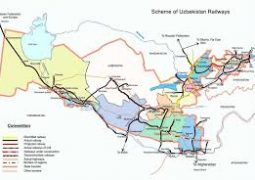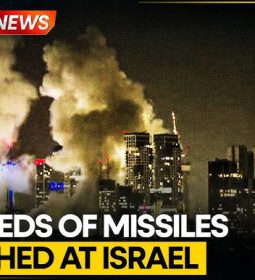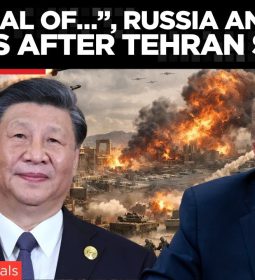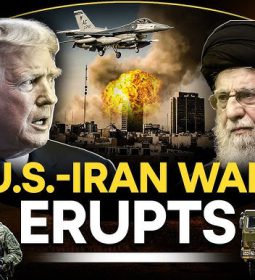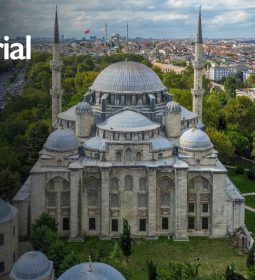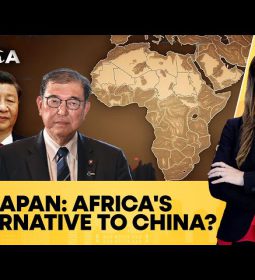OIC, 57-nation Islamic body calls US travel ban a ‘grave concern’
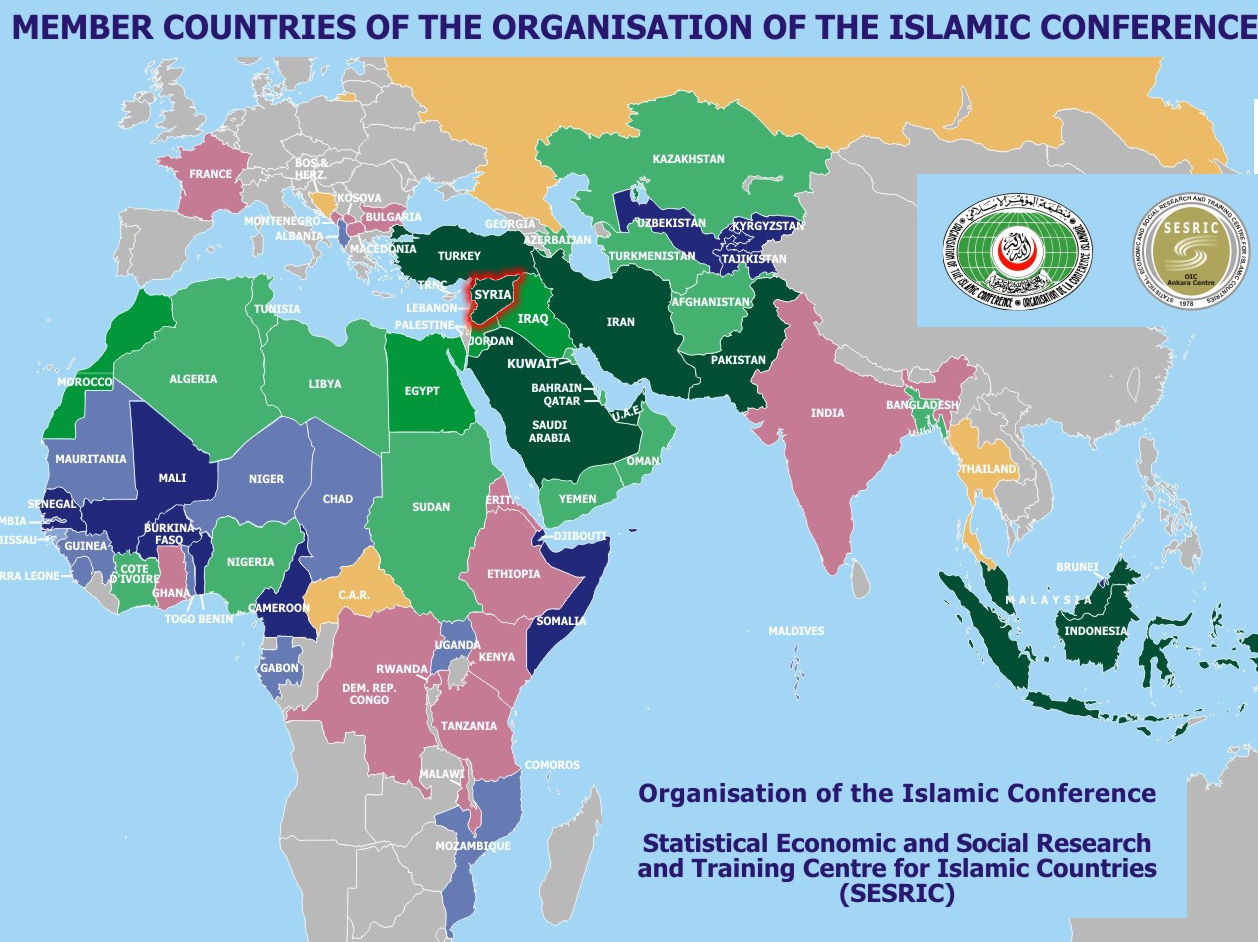
DUBAI, United Arab Emirates (AP) — The world’s largest body of Islamic nations said on Monday that it has “grave concern” over U.S. President Donald Trump banning travelers from seven Muslim-majority countries, warning such moves would only embolden extremists.
The statement from the 57-nation Organization of Islamic Cooperation marked the first official public criticism coming out of Saudi Arabia. On Sunday, Trump called Saudi King Salman and invited him to visit Washington amid widespread protests in the U.S. over the order.
The 90-day ban, imposed on Friday, affects travel to the United States by citizens of Iraq, Syria, Iran, Sudan, Libya, Somalia and Yemen. All are OIC members.
The order also suspends refugee admissions for 120 days and indefinitely bars the processing of refugees from Syria. The OIC warned in the statement that “many of those fleeing war and persecution have been adversely and unjustly affected” by the order.
“Such selective and discriminatory acts will only serve to embolden the radical narratives of extremists and will provide further fuel to the advocates of violence and terrorism at a critical time,” it said. “The OIC calls upon the United States government to reconsider this blanket decision and maintain its moral obligation to provide leadership and hope at a time of great uncertainty and unrest in the world.”
Trump has vigorously defended the order, saying it “is about terror and keeping our country safe” and not “a Muslim ban.”
The Jiddah-based OIC, while being a separate entity from the kingdom’s government, often sides with its official policy. That makes the timing of its statement far more important as Saudi officials have yet to comment publicly on the ban.
OIC members also include Indonesia, Malaysia and African nations.
- Previous Kyrgyzstan receives up to 4 units of technical equipment as part of its International Civil Defence Organization membership
- Next Indonesia names Islamist leader a suspect for insulting state ideology



